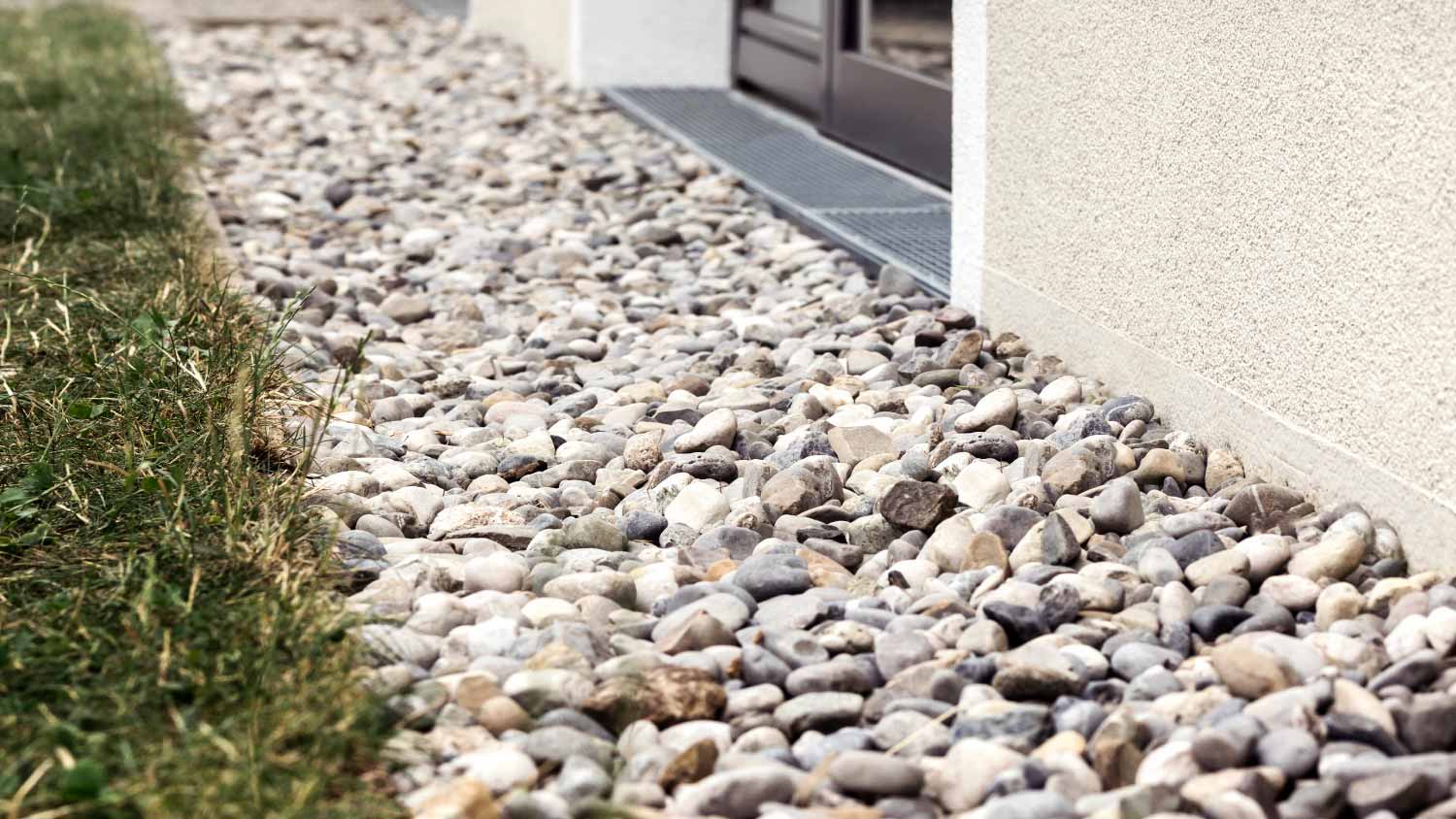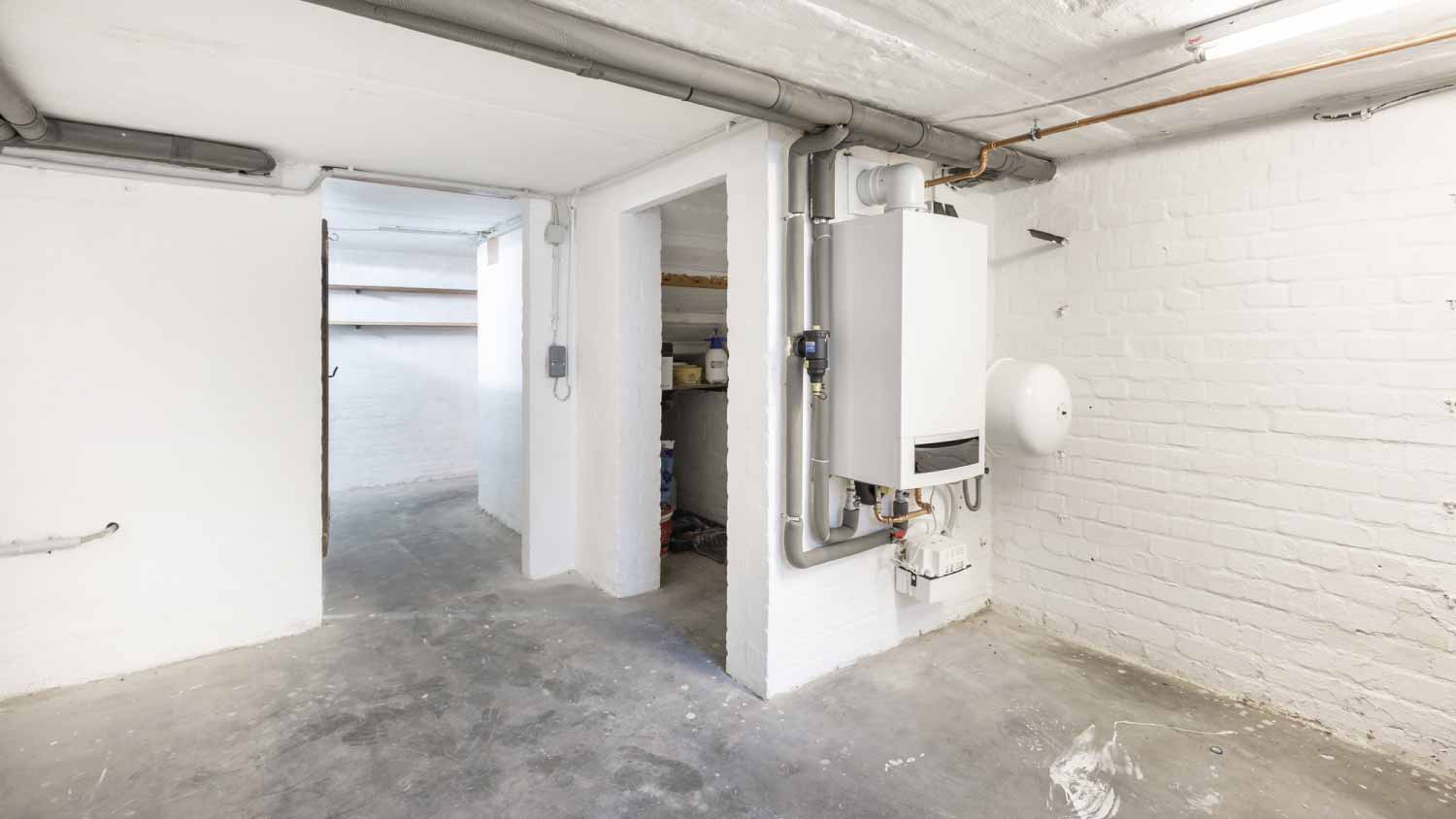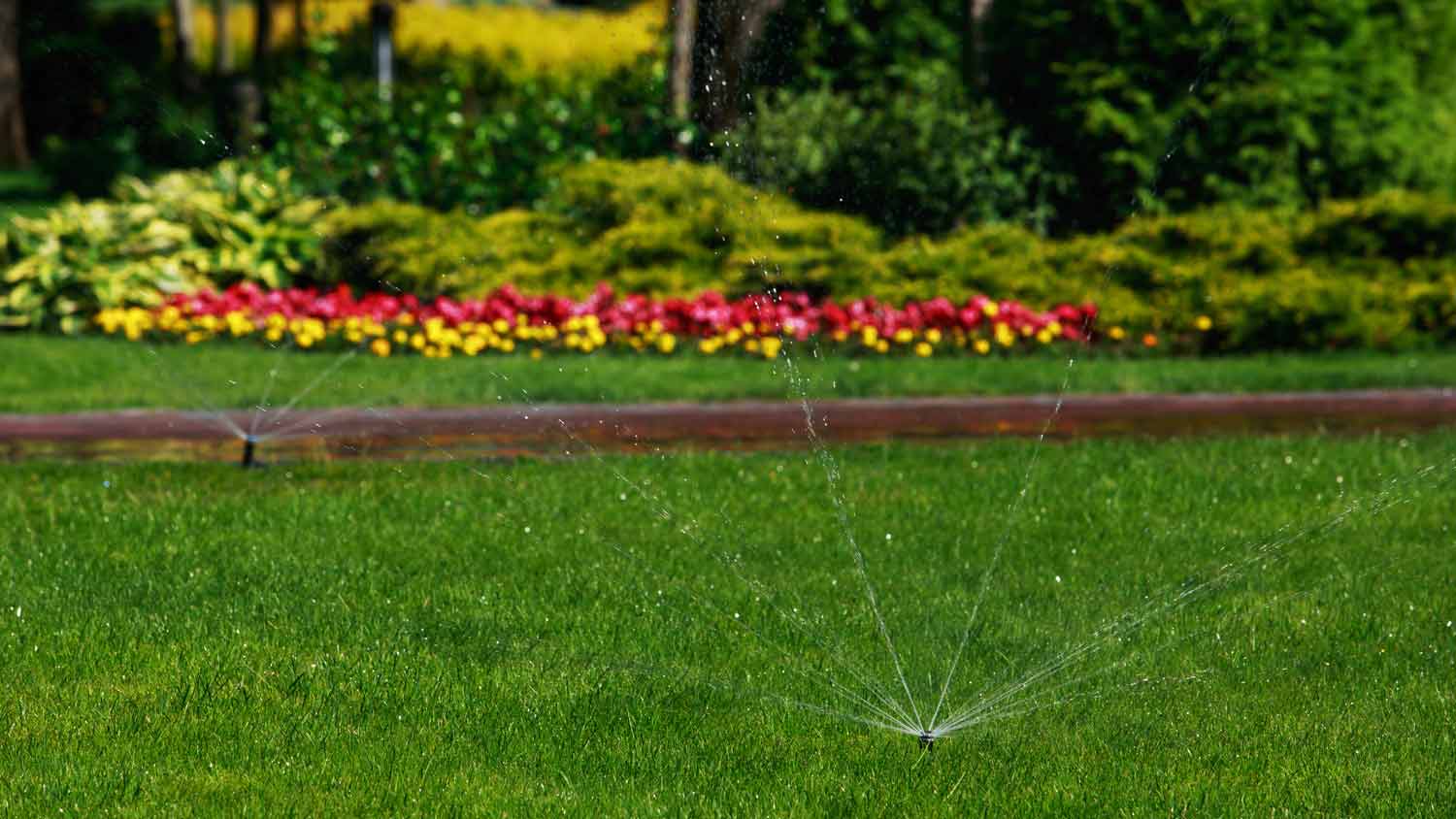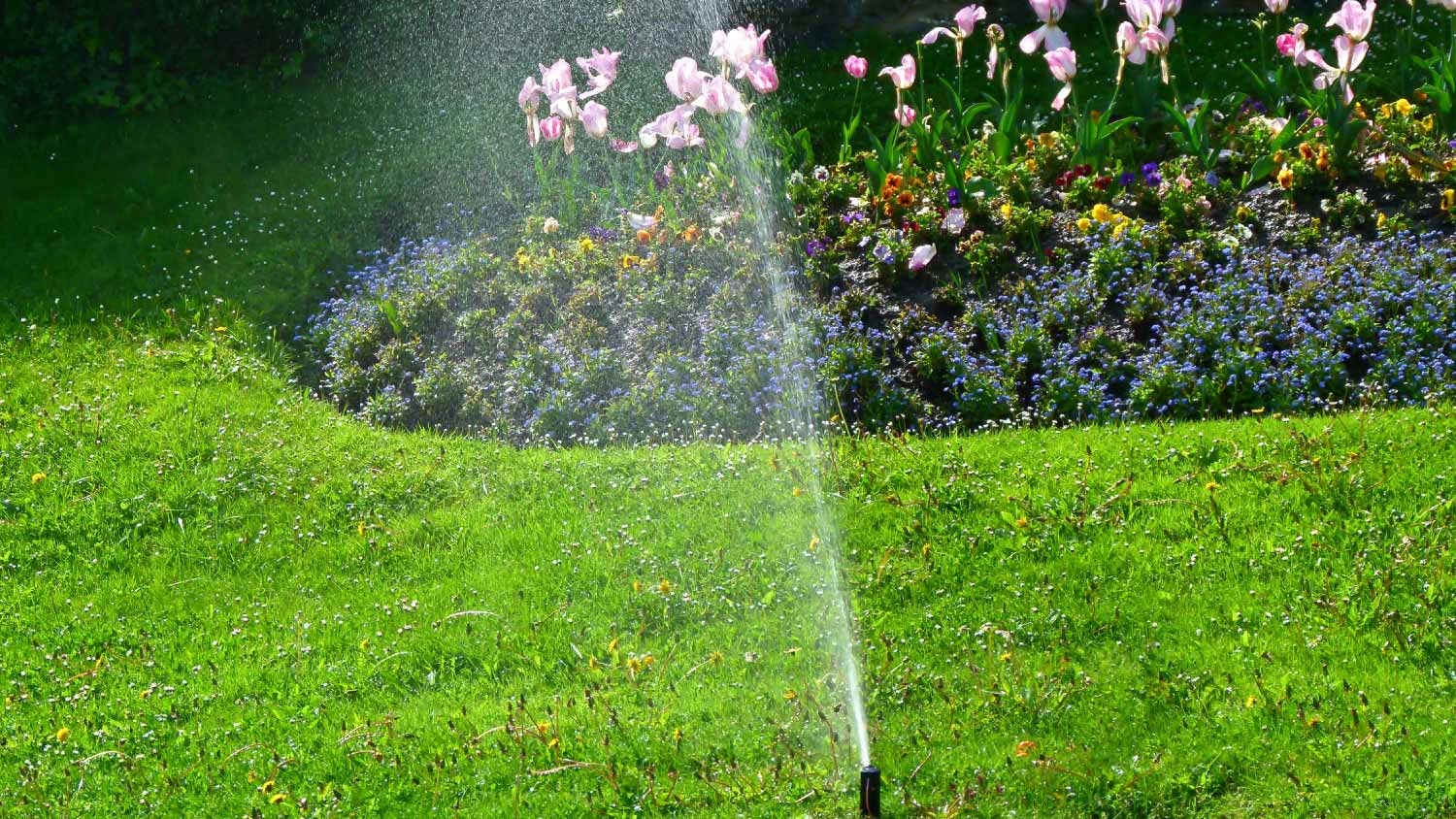3 Types of French Drains: Which Is Best for Your Home?
The right French drain protects your basement, foundation, and yard


Anyone who lives at the bottom of a hill knows how annoying water runoff can be. That’s why it’s essential to choose the right type of French drain for your home.
With many areas of the country flooding more frequently, installing french drains in and around the outside of your home will pay off. Let’s cover the different types of French drains and how to choose one for your home, depending on where water is collecting.
A french drain provides a sunken channel for water to disperse into the soil surrounding your home. Installing this type of system requires digging a trench and hooking up pipe connections, among other tasks, so it's best to hire a professional french drain installation company for this project.
| Type of Drain | Where it Keeps Water Away From |
|---|---|
| Surface French drain | Above ground, around driveways and foundations |
| Blind French drain | Sloped yards |
| Interior French drain | Basements |
1. Surface French Drain

Surface French drains, sometimes called trench drains, are designed to drain water collecting above ground away from your home. For instance, this type of French drain is commonly used at the end of a sloped driveway. These drains can be used to divert water away from areas of your property where they could cause significant damage, such as around your home’s foundation.
Made of metal grating and a flexible PVC pipe, these drains are resistant to damage and corrosion.
| Pros | Cons |
|---|---|
| Easy above-ground installation | Not always aesthetically pleasing |
| Used in concrete areas like basements and garages | More prone to clogging |
| Made of metal, material resists corrosion and damage | May flood during extreme weather |
Best For: Surface French drains are best for diverting water that collects on the surface of your basement, garage, or anywhere above ground.
2. Blind French Drain
A blind French drain is often referred to as a blind inlet. A French drain professional will install this type of French drain at the lowest point of a depression or pothole. A pipe is covered with rock, sand, or crushed stone. Over that, lies the drain cover that helps stop debris, like leaves and small twigs, from running into the pipe.
| Pros | Cons |
|---|---|
| Helps divert water under the surface | Higher installation costs |
| Easily hidden from view | Severe weather may damage the system |
| Helps prevent foundation problems | May become clogged with debris more easily |
| Reduces soil erosion | May not work with some clay-like soils |
Best For: Blind French drains help protect driveways or yards that flood frequently.
3. Interior French Drain

As its name suggests, interior French drains help relieve water collecting in the interior of your home. This type of system is mainly found in basements. They’re installed around the basement and foundation walls and they drain water outside.
| Pros | Cons |
|---|---|
| Helps keep low inside areas dry | Only designed for basement use |
| Installation can be a nuisance as workers need to access your home | May require a sump pump |
| Protects your foundation | Quickly become overwhelmed by serious flooding |
| Prevents mold and mildew |
Best For: Interior French drains are best used for basements that flood frequently and homes that often endure severe weather.
Choosing the Right French Drain
To choose the right French drain, you’ll need to identify where water collects in your home or yard. From there, you can determine the type of drain that makes the most sense for your needs.
Once you know what kind of French drain you need, work with a local French drain professional for a high-quality install. These pros can source the drain and any other materials needed for the installation process and build it for long-lasting results.
If you have water building up in your basement: Use an interior French drain installed along the edge of your basement. This system will help direct water into a single, open drain that’ll carry the water outside of your home.
If you have water pooling at the end of your driveway: If water collects at the bottom of your driveway, a surface French drain is the way to go. It’ll direct water away from low-lying areas.
If you have land with low areas where water collects: If that’s the case, try installing a blind French drain. This system collects water so your land doesn’t flood as frequently.
Can I Install a French Drain Myself?
Since French drains redirect water away from problem areas on your property, proper installation is essential to avoid future water damage. It's possible to install a French Drain by yourself, but doing so successfully will take quite a bit of skill and labor.
Hiring a French drain professional to take on your French drain project will ensure that it’s done properly and safely. When searching for nearby French drain professionals, contact several companies ahead of time. They can provide quotes for the installation cost and a time frame for the installation so you can find the right service for your budget and timeframe.
















